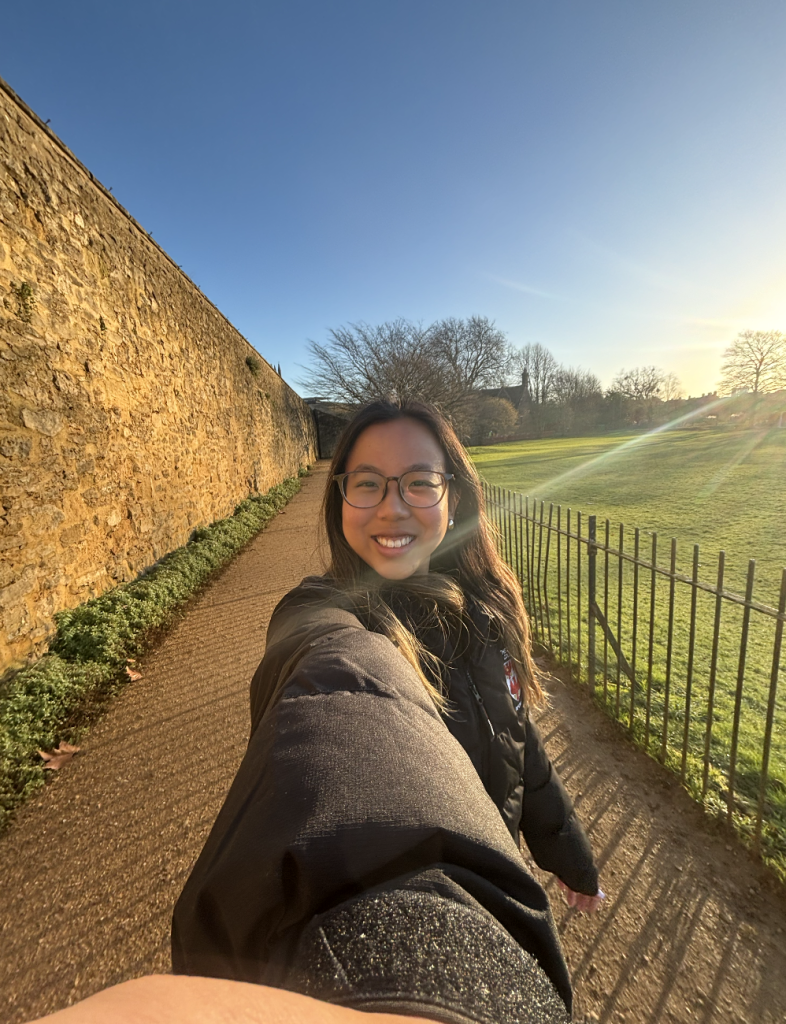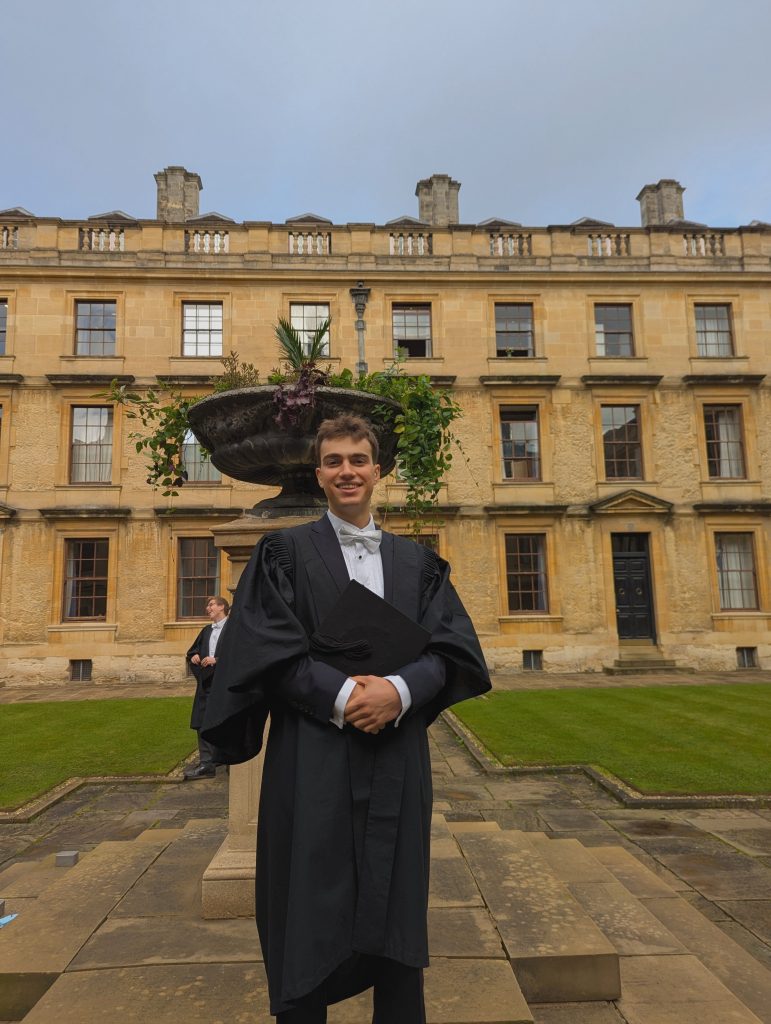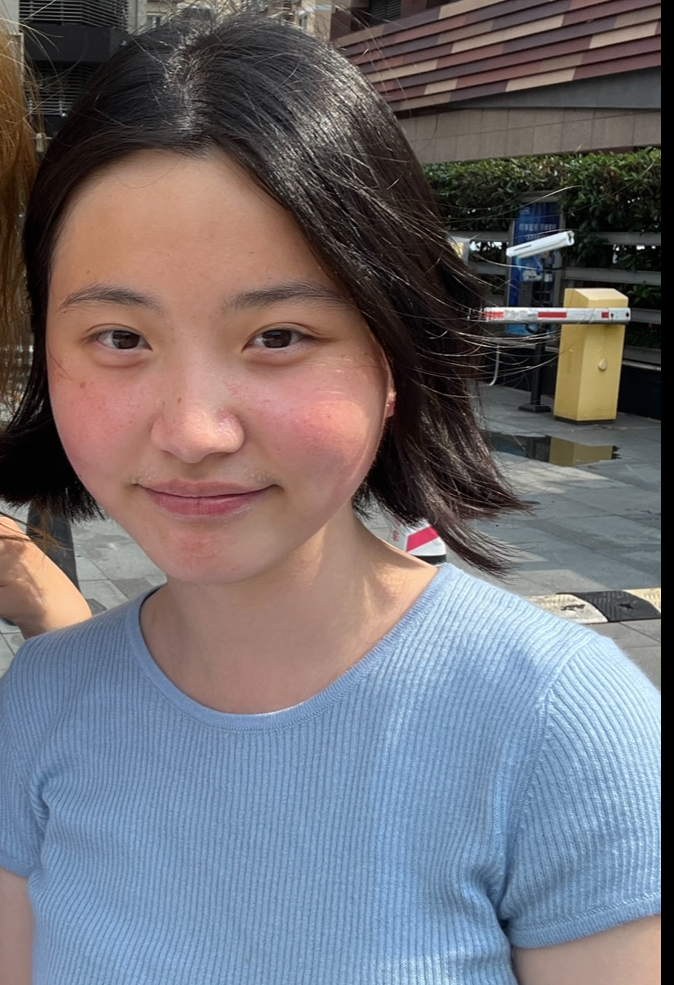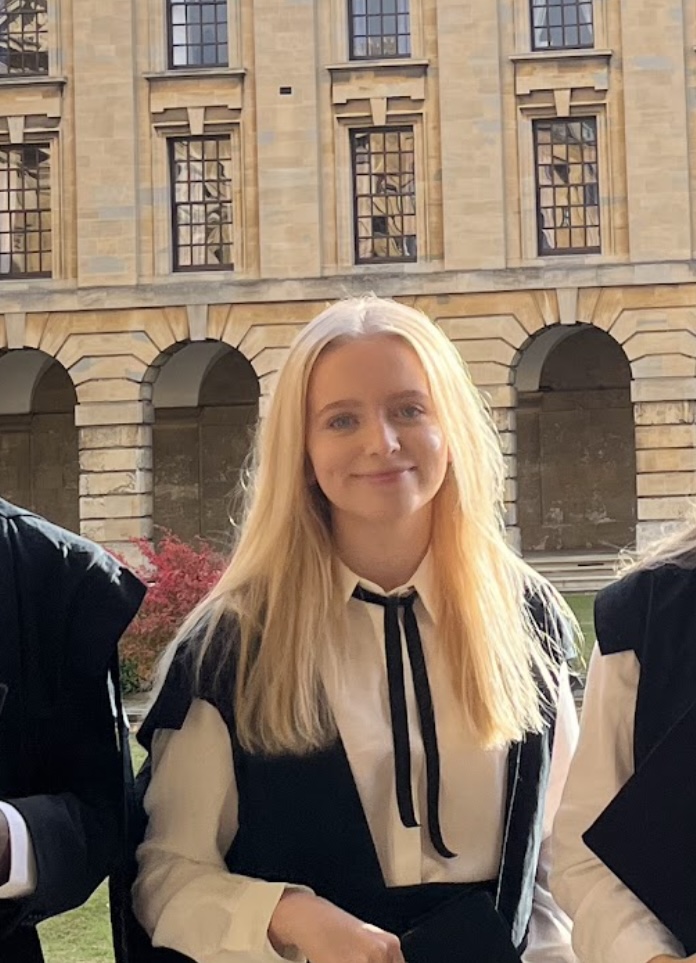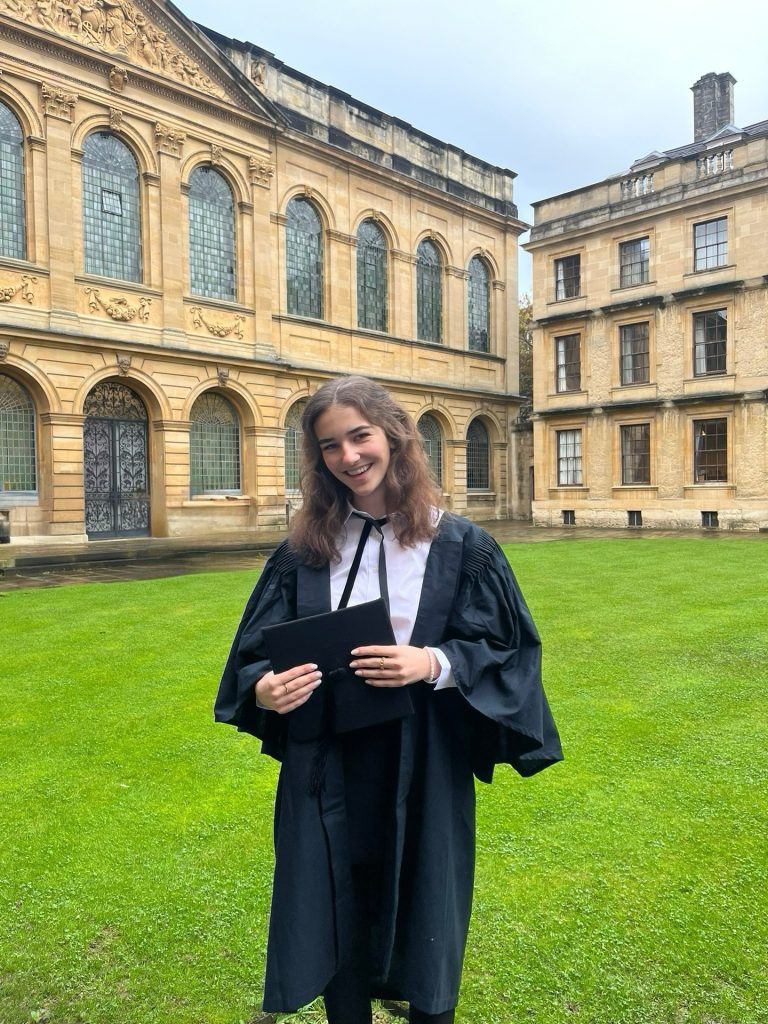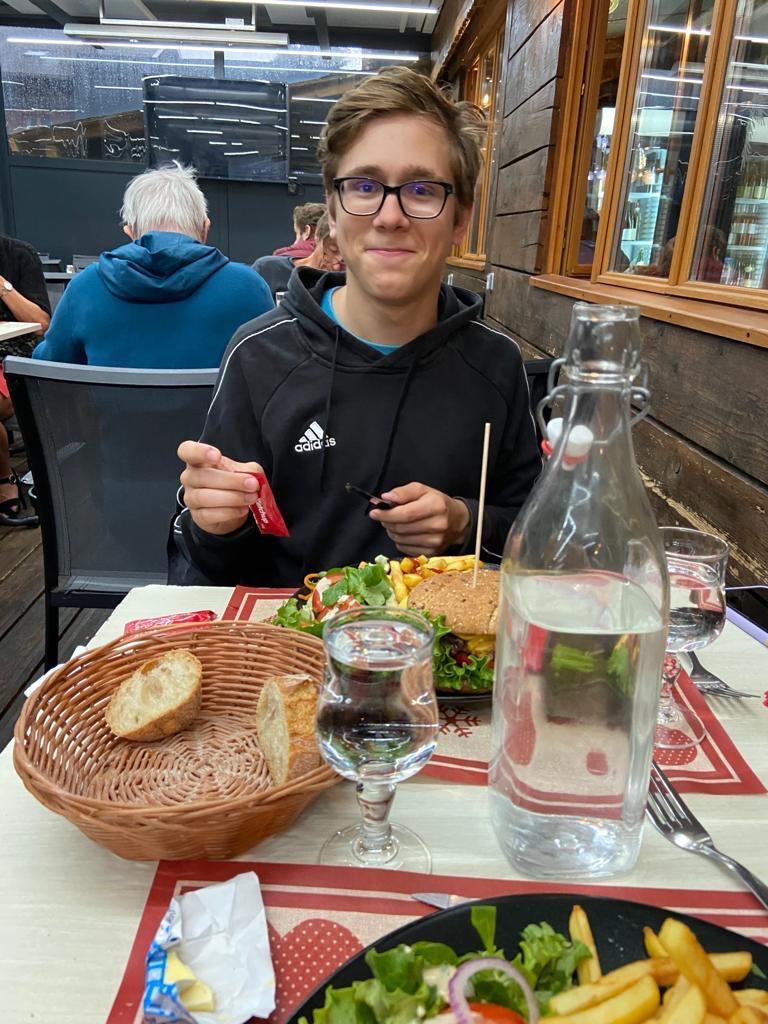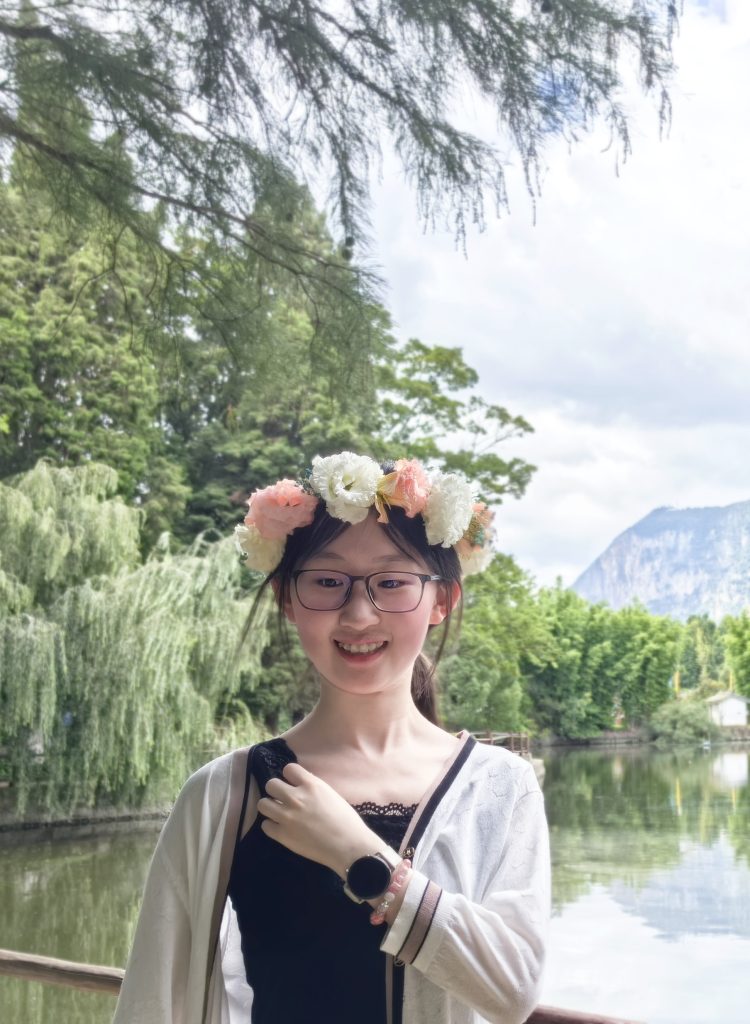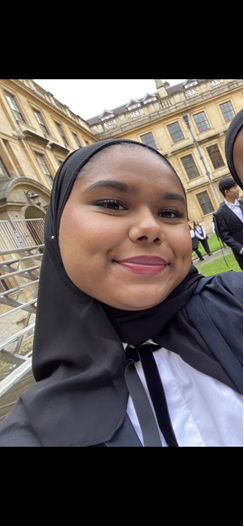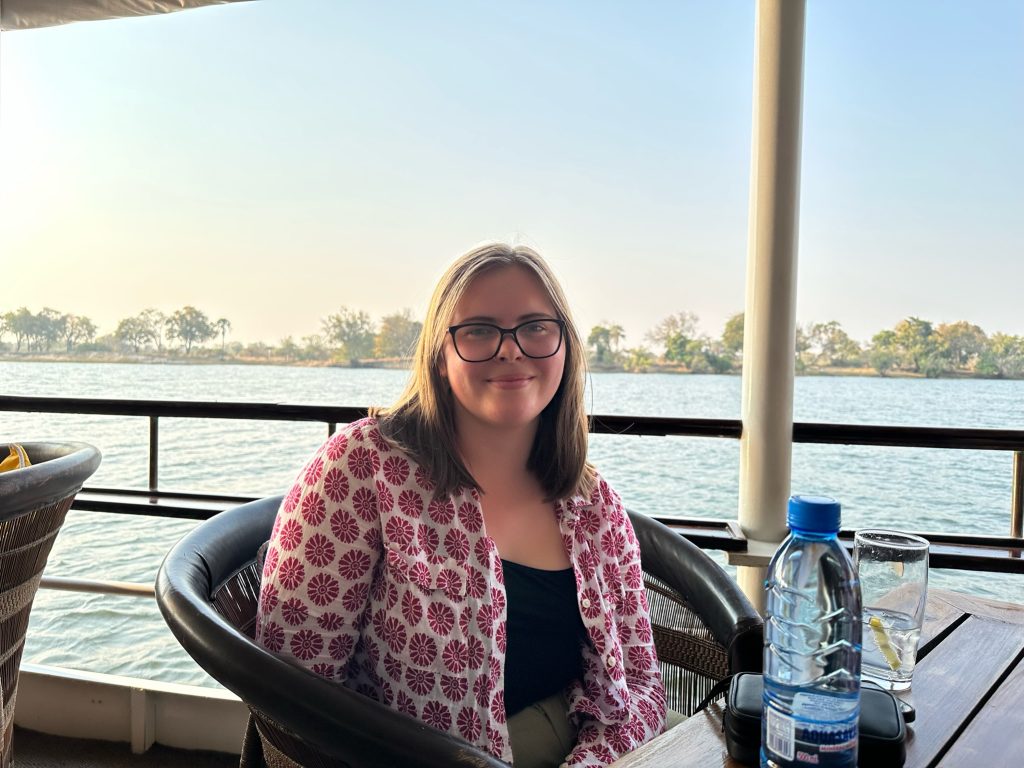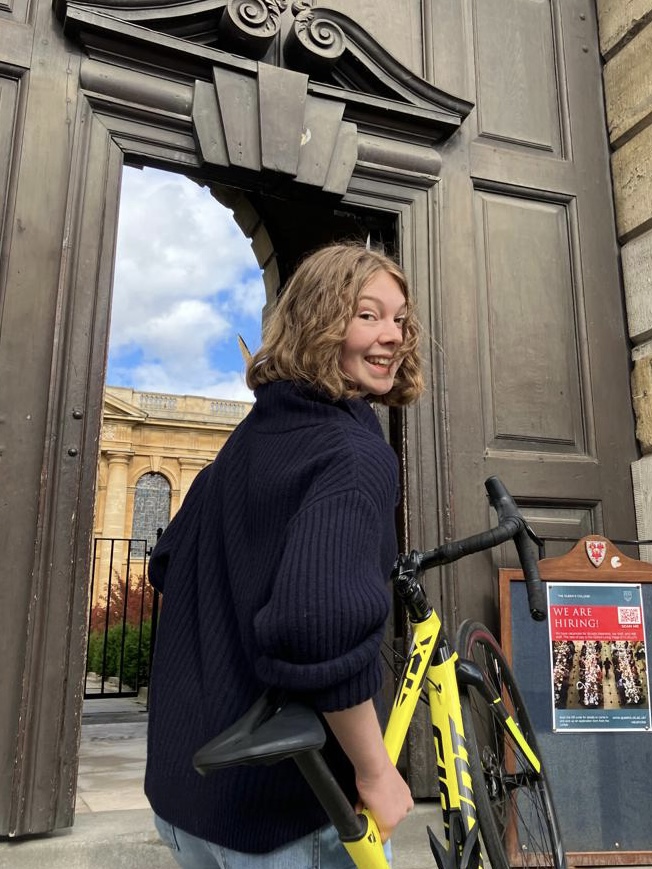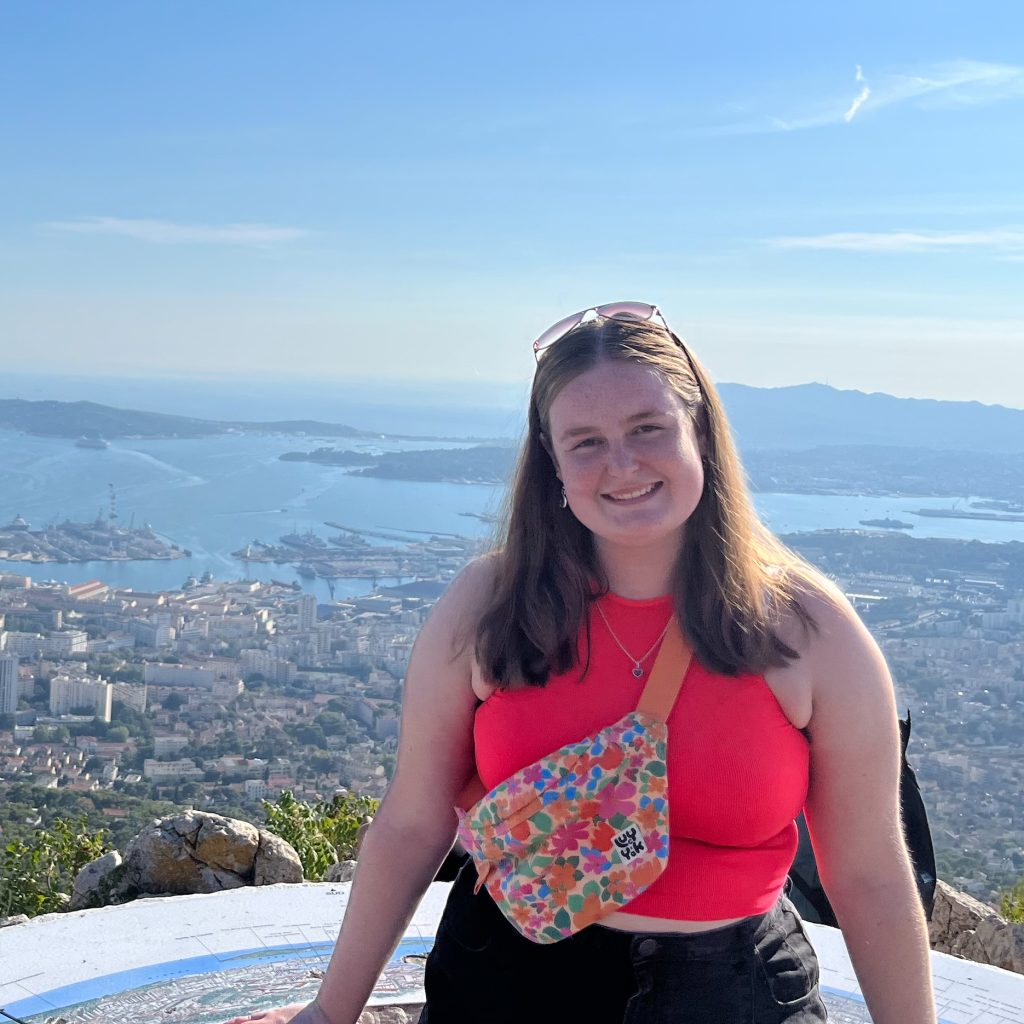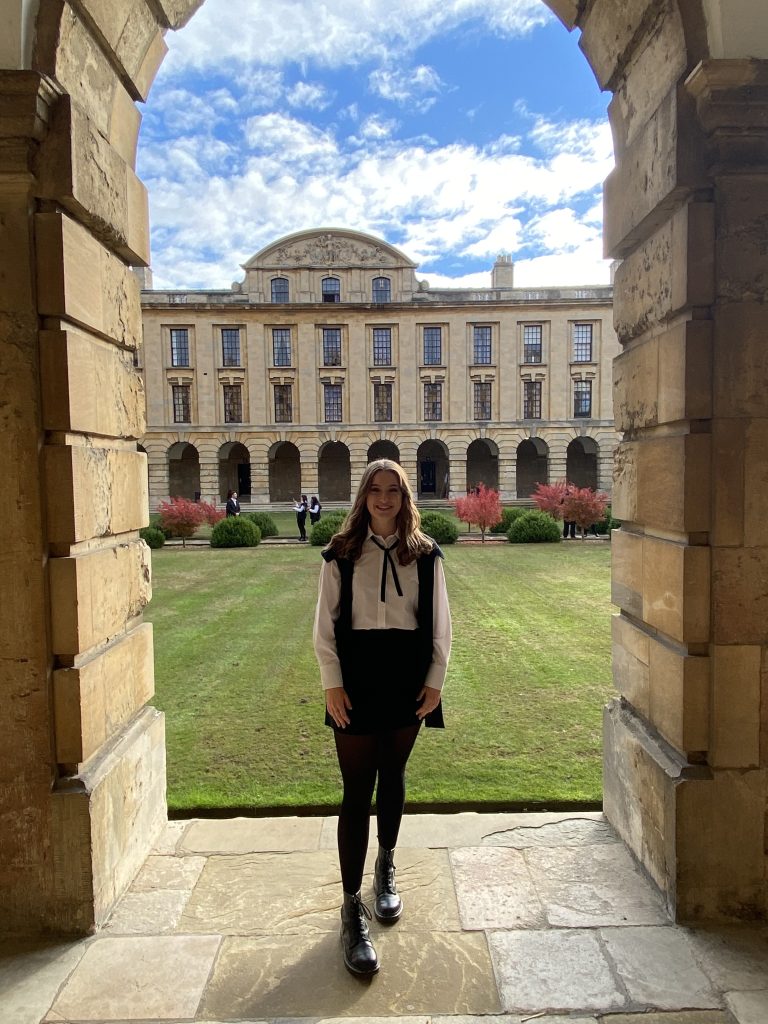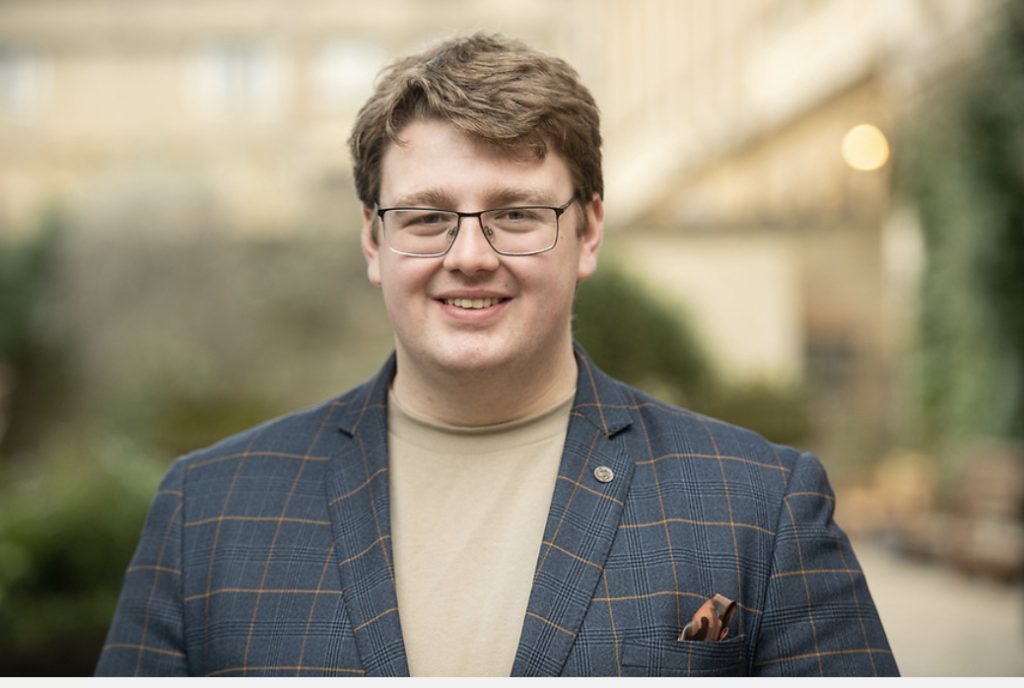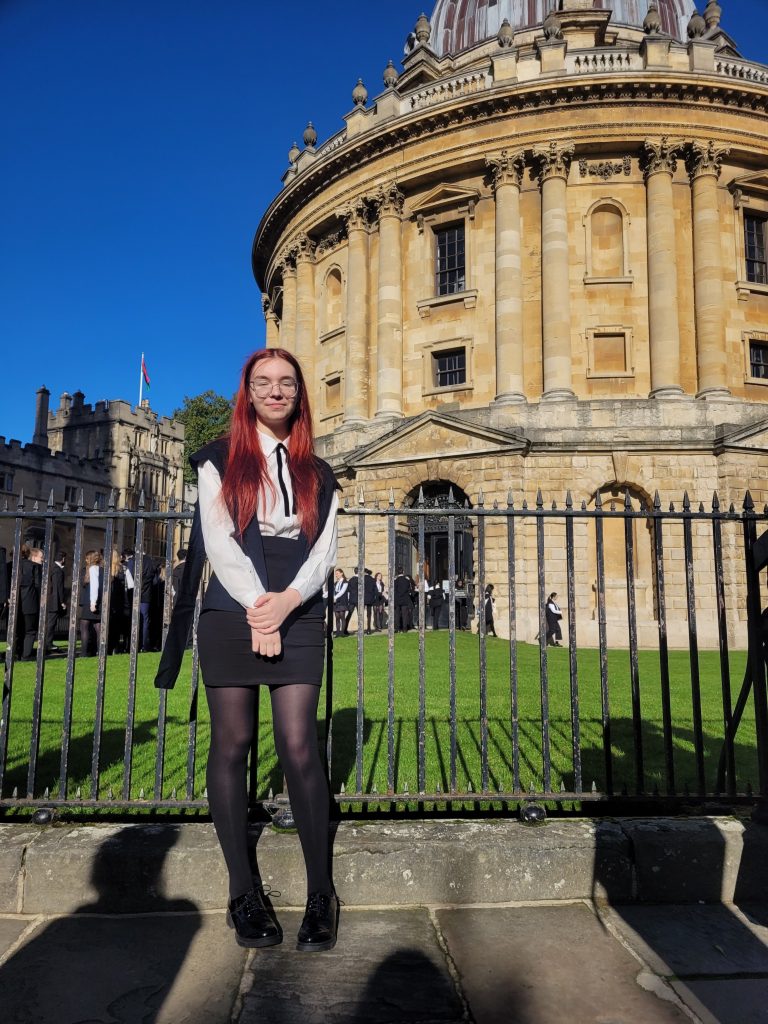About me
Hi! I’m Ottillie, a first-year Psychology and Linguistics student at Queen’s, and I’m from Hong Kong. I think both Psychology and Linguistics are really applicable in understanding human behaviour and society as a whole, which is what made me want to study them! I also found the flexibility of the course structure here very appealing, and hard to find elsewhere. After the first year, you can choose many of your own modules, and adjust the proportions of the two different subjects, which means you can focus on what you’re particularly interested in!
College experience
My favourite thing about Queen’s has to be the people. Everyone is so lovely, and I think the community here really is the perfect size – it’s close-knit enough that you start to recognise everyone’s faces, yet big enough to meet a wide range of people from various backgrounds, with different personalities and interests. I also love the convenience of the College’s location on the High Street; everything you need is always only a short walk away, which is really helpful.
Oxford life
Every day of the week is quite different, but a typical day in my life usually involves two morning lectures (each an hour long) in either the Medical Sciences Teaching Centre for Psychology, or the Taylorian Institution for Linguistics. Afterwards, I usually return to have lunch in our College Hall, followed by a few more lectures or tutorials in the afternoon. If it’s not too cold and dark, I like to go on a scenic run around Christ Church meadows after lectures; otherwise, the College gym is a good alternative during the winter. In the evenings, I usually have dinner back in Hall, then unwind by watching a show and socialising with friends. There are so many great societies to try – the ones I go to regularly are Ice Hockey Oxford Asia-Pacific society socials, and weekly Ice Hockey sessions at night.
Advice for applicants
If you’re really interested in a course here, apply! There’s so much to gain, and not much to lose. Also, don’t worry about having all the answers to interview questions – no one does! For my course, I found my interviewers were much more interested in my thought process when tackling questions than in any specific knowledge I had, so focus on articulating your thoughts as clearly and systematically as possible.
